
Why You Should Care About Developing on Blockchain
As a Python developer, you may be wondering why you should care about developing on blockchain. The answer lies in the synergy between Python’s clean syntax and powerful libraries with blockchain’s secure, versatile technology. In this article, we’ll explore how Python developers can harness blockchain to build innovative AI systems, IoT micropayments, and more.
An Easy Learning Curve
One of the main deterrents to building on a blockchain is the learning curve. Previously, developers had to pick up new languages like Bitcoin Script and EVM opcodes, or employ syntactic dialects of common programming languages, such as Solidity. Both of which take time and effort to reach a high enough level to build an app on a blockchain.
Python developers can make a smooth transition to blockchain development
Now, Python developers can make a smooth transition to blockchain development and learn the core concepts of decentralized technology in a language they’re familiar with. Python also already has rich libraries to support developing on a blockchain and building smart contracts.
The Power of Disintermediation
An attractive feature of blockchain is its ability to facilitate peer-to-peer transactions, meaning they happen directly between one part and another without the need for a third party. By facilitating secure peer-to-peer interactions, blockchain eliminates the need for intermediaries, potentially reducing transaction fees and streamlining workflows.
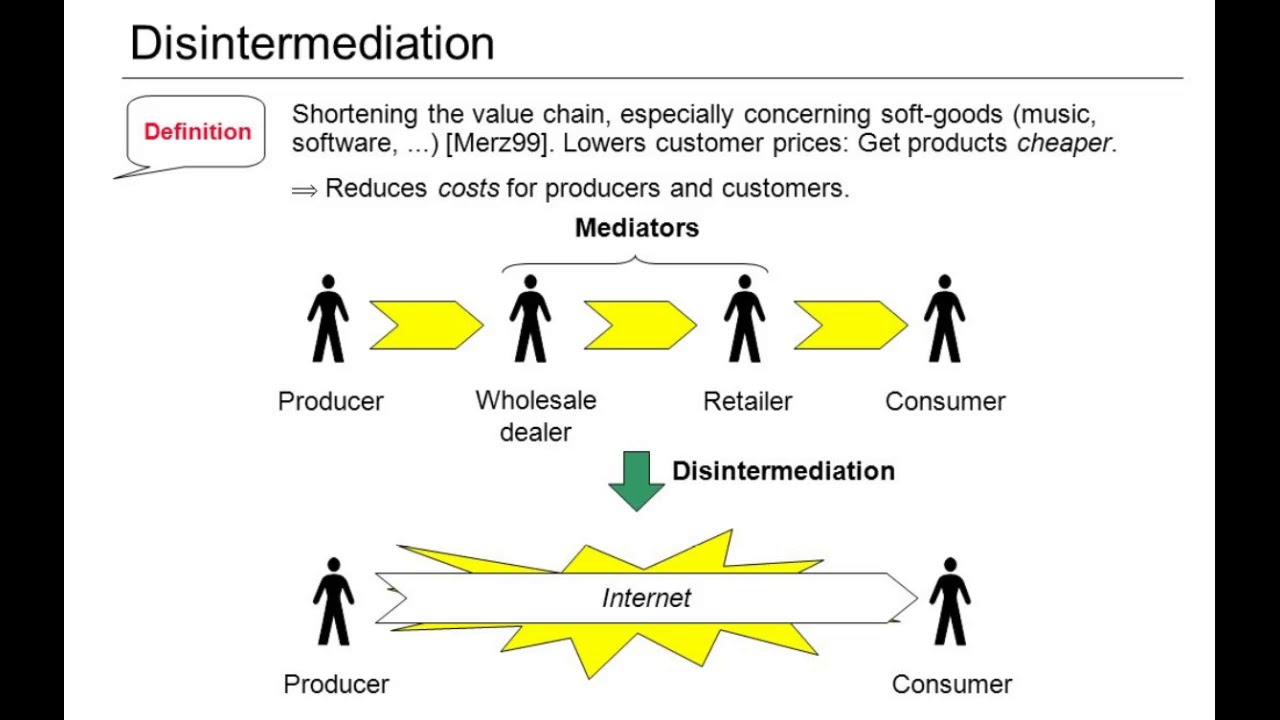 Blockchain eliminates the need for intermediaries
Blockchain eliminates the need for intermediaries
Smart contracts can increase this efficiency further by automating tasks previously performed by a third party. Python developers can build marketplaces from the ground up, with smart contract escrow accounts and atomic transfers that guarantee all parties trustlessly receive their assets.
Immutability and Transparency
One of the main selling points of blockchain is its tamperproof nature—anything can be recorded and never altered again. This gives developers a platform to build applications with a verifiable history. Public blockchains further enhance this by allowing anyone to access the ledger, ensuring unprecedented transparency.
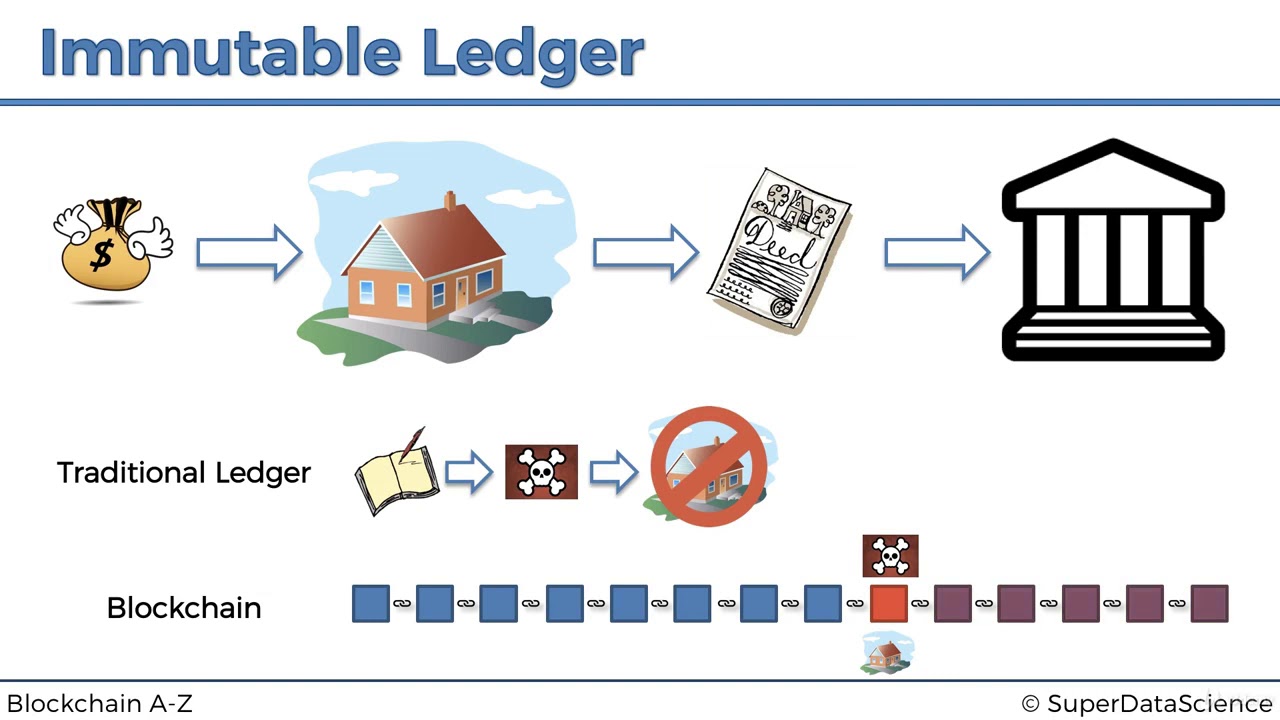 A tamperproof supply chain, providing all stakeholders with verifiable product-tracking data
A tamperproof supply chain, providing all stakeholders with verifiable product-tracking data
Open-Source Development
Of course, there are many open-source Web2 projects, but blockchain takes this open-source philosophy to the next level. Its decentralized and transparent nature has given rise to extensive open-source code bases, vibrant developer communities, and a consistent drive towards collaboration.
Auditable and Trustworthy AI Systems
Trust and transparency are crucial in the age of AI. Blockchain enables Python developers to create auditable AI systems. For example, you could record an AI’s decision-making process on a blockchain, fostering accountability and error-tracing.
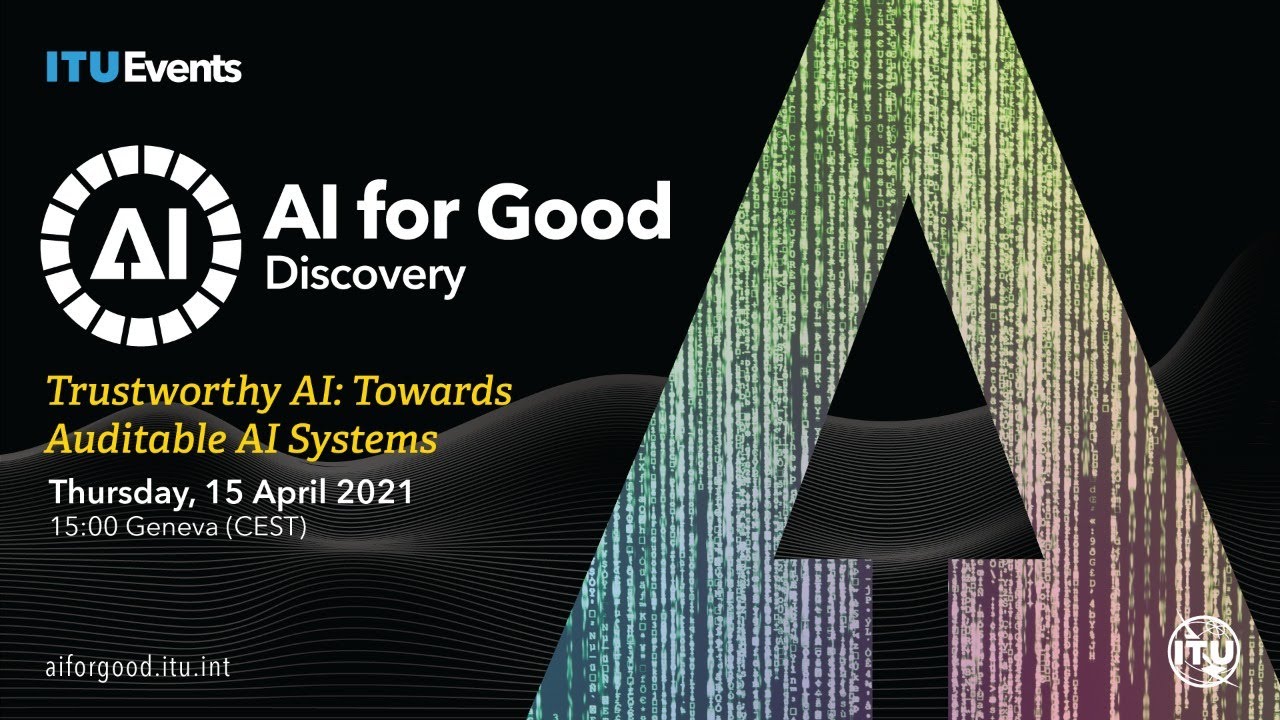 Blockchain enables Python developers to create auditable AI systems
Blockchain enables Python developers to create auditable AI systems
Decentralized Identity Solutions
We may also be entering a future where it’s more important than ever to prove your identity and your humanity in a world of AI. This is where Python-powered digital identity solutions come in. Decentralized digital identifiers (DIDs) are essentially digital passports, where a user’s identity is verified on the blockchain.
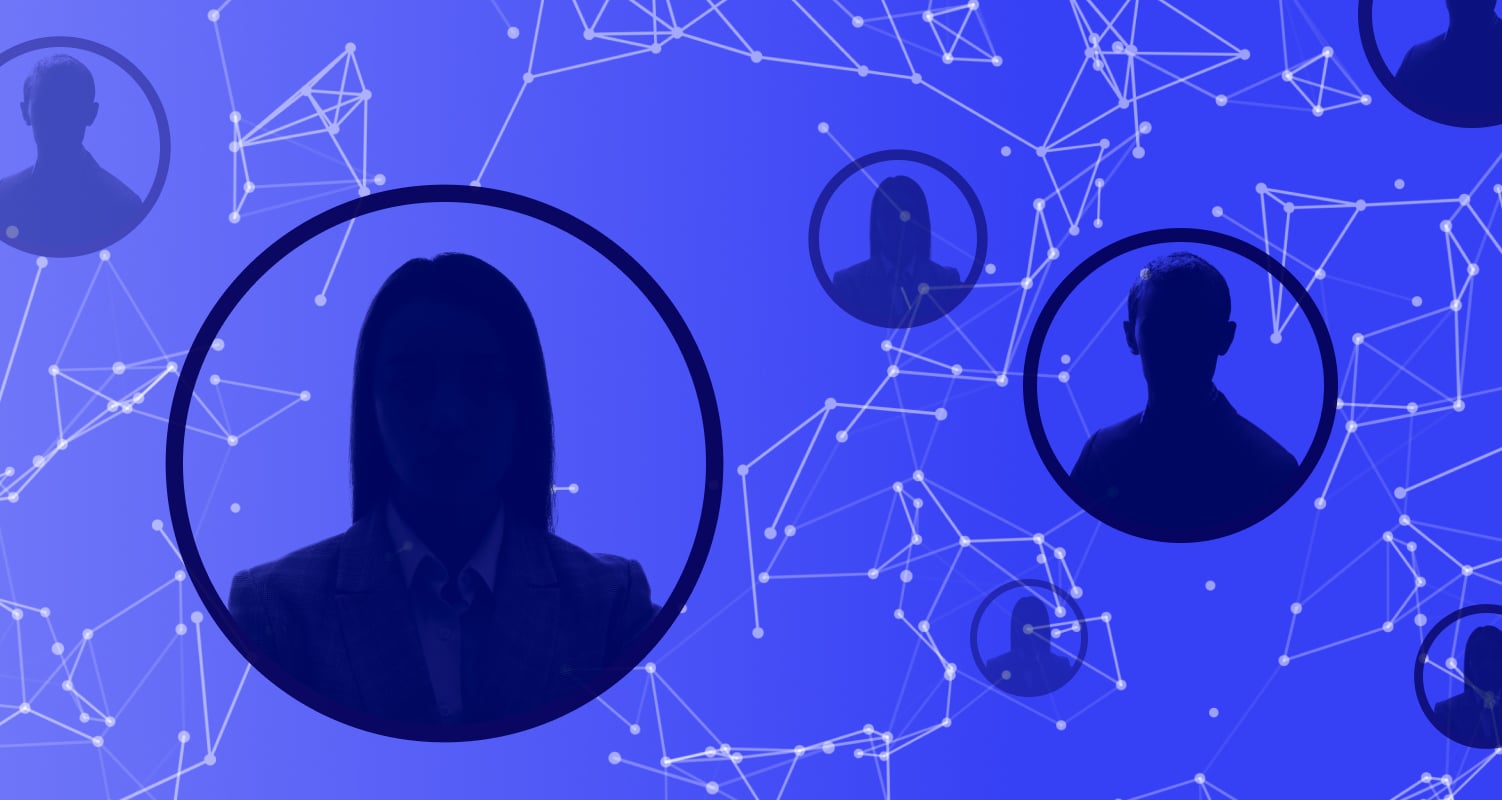 Decentralized digital identifiers (DIDs) are essentially digital passports
Decentralized digital identifiers (DIDs) are essentially digital passports
IoT and Micropayments
Python developers can leverage blockchain technology to facilitate secure data exchange within the Internet of Things (IoT). Blockchain can also be used to build historical data about objects like sensors or metrics. By combining Python’s robust libraries with blockchain, developers can enable seamless data exchange without a centralized authority.
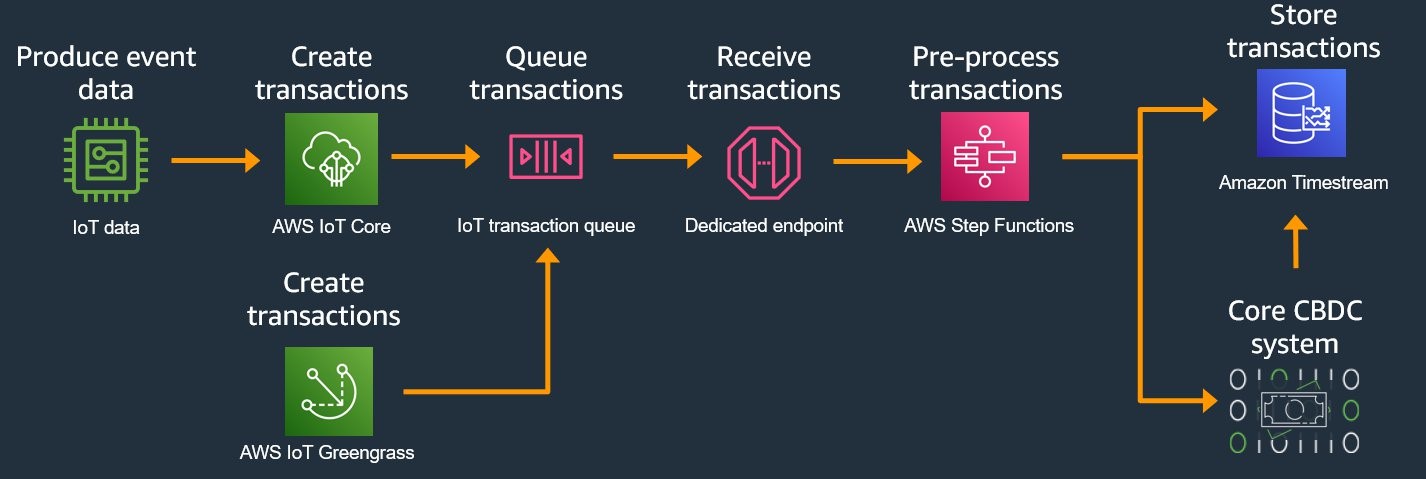 Blockchain can facilitate secure data exchange within the Internet of Things (IoT)
Blockchain can facilitate secure data exchange within the Internet of Things (IoT)
Innovative New Ownership Models
The concept of ownership is taking on new meaning with the rise of blockchain, and Python empowers developers to unlock the power of tokenization. Developers can write smart contracts in Python on Algorand to tokenize anything from real estate to artwork to intellectual property.
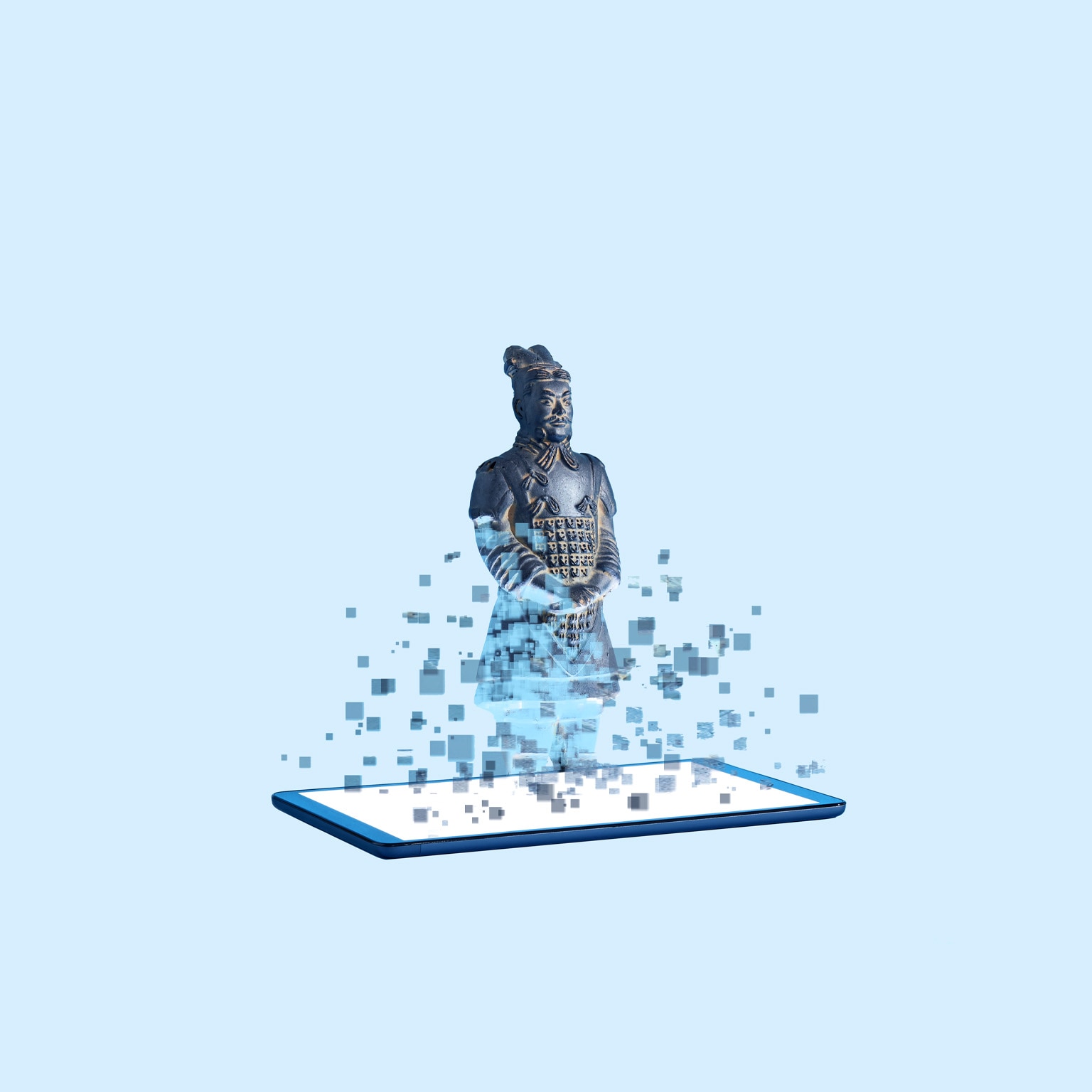 Python empowers developers to unlock the power of tokenization
Python empowers developers to unlock the power of tokenization
Python is proving itself to be a powerful tool that enables developers to build on blockchain quickly and with ease. Blockchain is unlocking a new standard of applications that promote disintermediation, trust, and innovation. From auditable AI to decentralized identity solutions to micropayments in the IoT, it’s the combination of Python and blockchain that will enable builders to break new ground, reshaping the ways we interact with technology.















